This Mother’s Day, here’s an appreciation for some of nature’s most hardcore mothers. From crazy pregnancies to gross nurturing, these 6 animals will leave you marvelled at Motherhood!
International Mother’s Day: a day where we all appreciate our mothers for all the effort they’ve put in—the 9 months in the womb, the 18 years caring for our incompetent selves, and all the other little things they do for us. Were it Interspecies Mother’s Day, what would various animals celebrate their mothers for? Nature has some amazing and bizarre nurturing habits from mother-to-young. Here are 6 animals that show some outstandingly marvellous parenting.
1. Octopuses
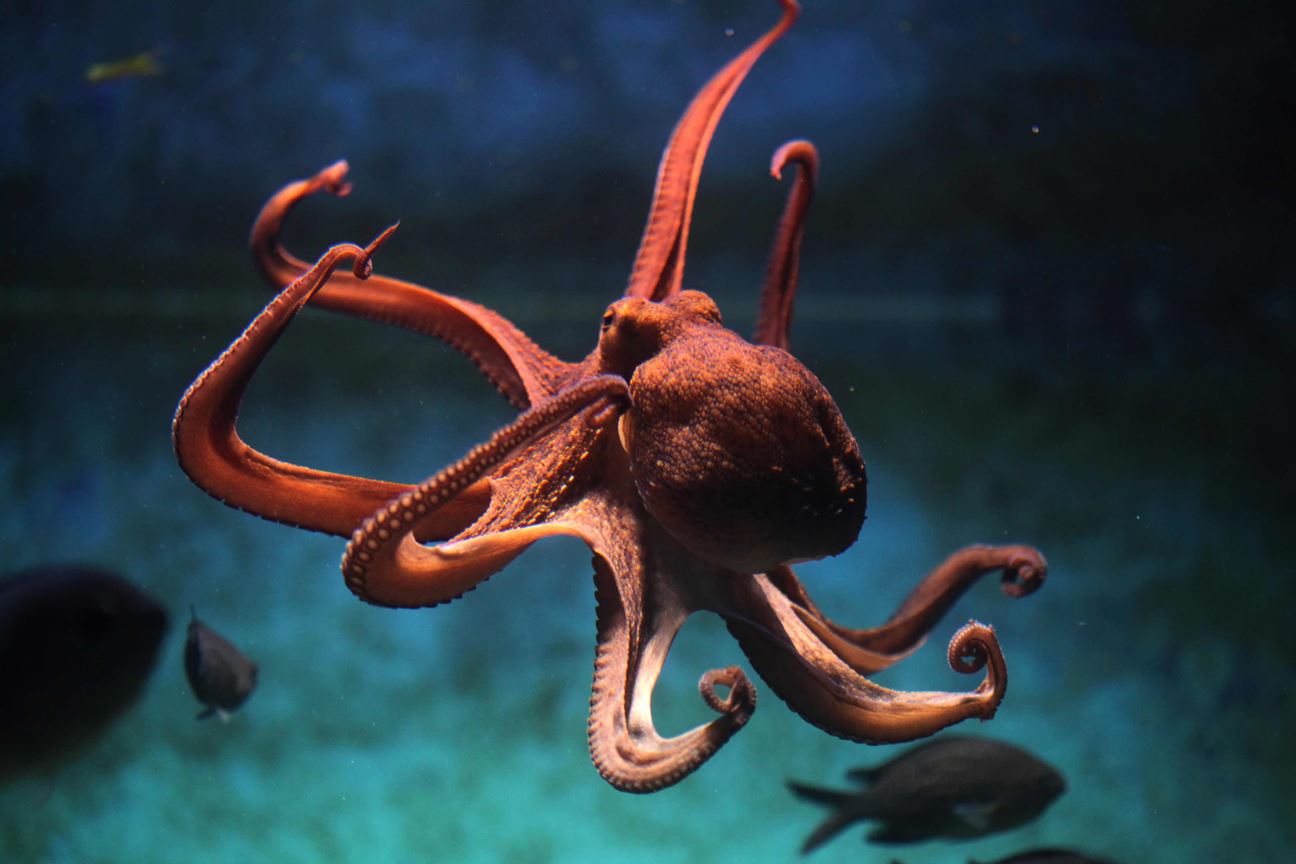
Weird, right? One wouldn't picture an octopus as a good mother. Most people usually just think of mammals as the best mothers, to be honest. However, octopuses lay thousands of eggs and incubate and constantly clean them for months. During this period, they do not leave their nest—not even to eat. After the eggs hatch, the mother octopus dies. The Monterey Bay Aquarium Research Institute observed one deep-sea octopus species incubating her eggs like this for 4.5 years without eating the entire time. This is still known to be one of the longest pregnancies in extant animals today.
2. Koalas
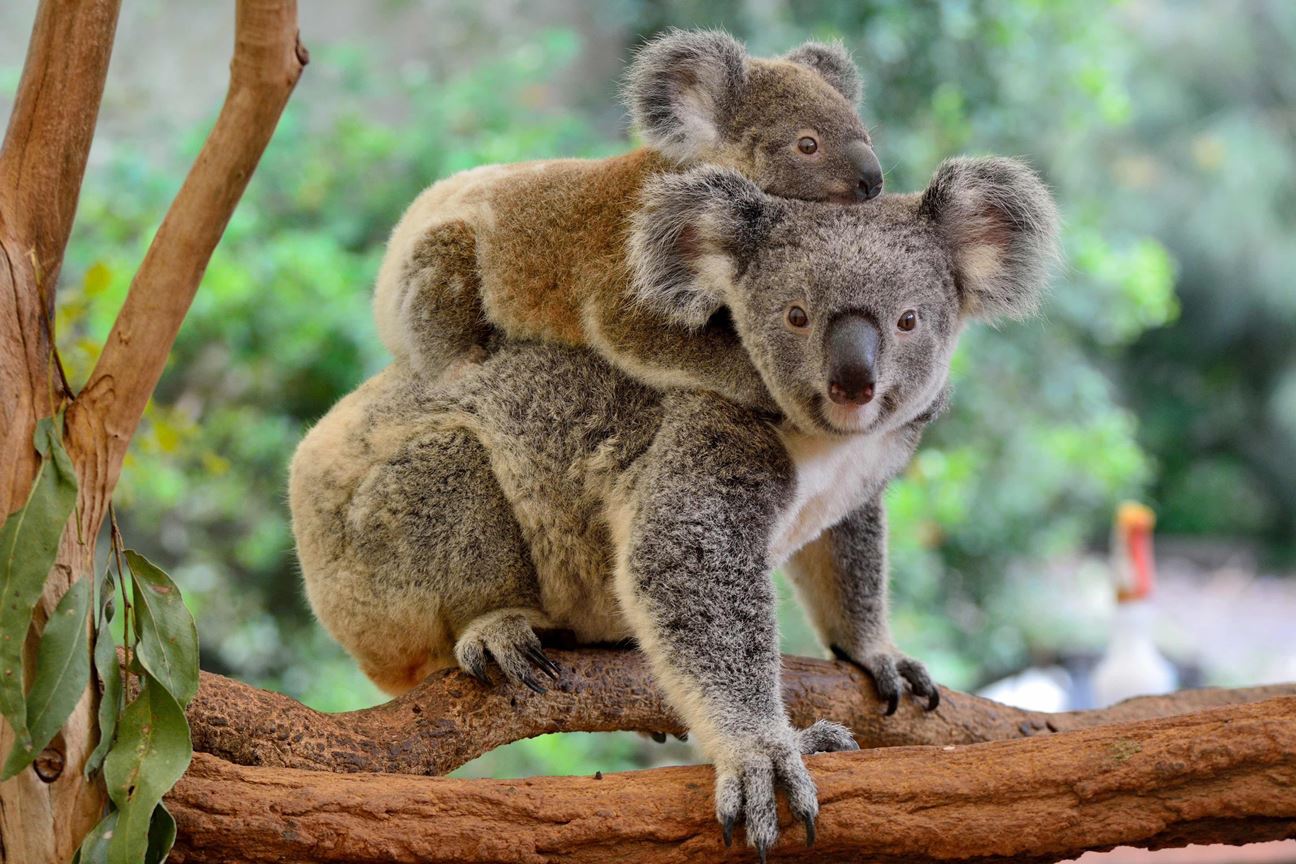
Contrary to the octopus, koalas get about 22 hours of sleep while nurturing for their babies! Their young are born without ears, eyes, and fur and are extremely small and vulnerable. Additionally, koalas only eat toxic eucalyptus leaves as their diet, which their digestive tract has special enzymes to breakdown. Thus, to increase their young’s tolerance to the eucalyptus' proteins, they feed the babies their own faeces that contain traces of these nutrients, to slowly build up their tolerance. The babies then just chill inside their mothers' pouches, feeding on milk to develop the rest of their bodies, while the mother sleeps. Another marvellous mothering strategy from dear old evolution.
3. Polar Bears
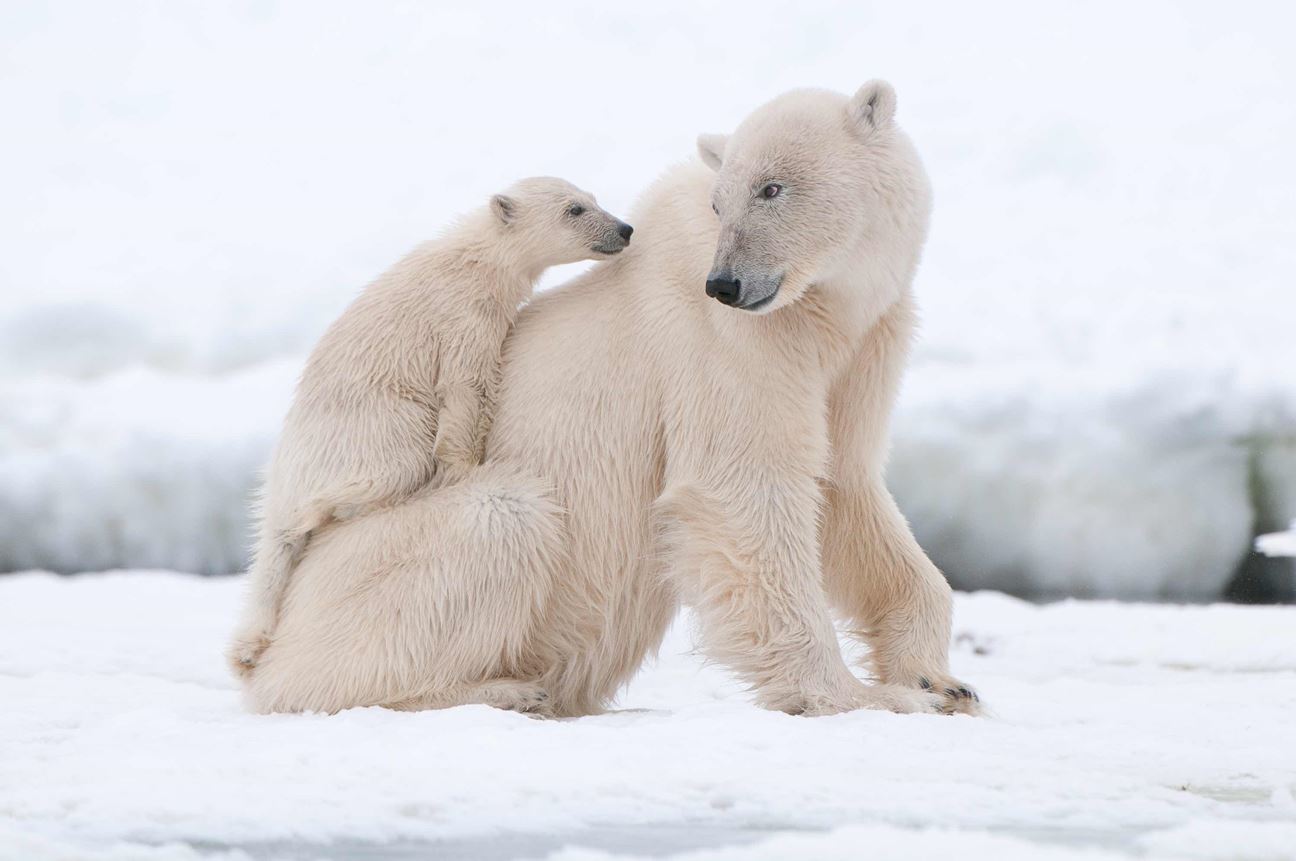
Pregnant polar bear mothers are amazing. They are required to put on around 180 kgs of weight if they need to have a successful pregnancy. Thus after conception, the mother needs to find enough food in her icy surroundings to have that much blubber, and if she doesn’t put on enough weight? Her body reabsorbs the foetus. Isn’t that just amazing? Additionally, they have one of the easiest pregnancies in nature. They hibernate for 2 months during which they give birth in their sleep - as simple as that. Maybe evolution felt bad about all the effort they had to put in during pregnancy and gave them easy childbirth!
4. Sea Lice
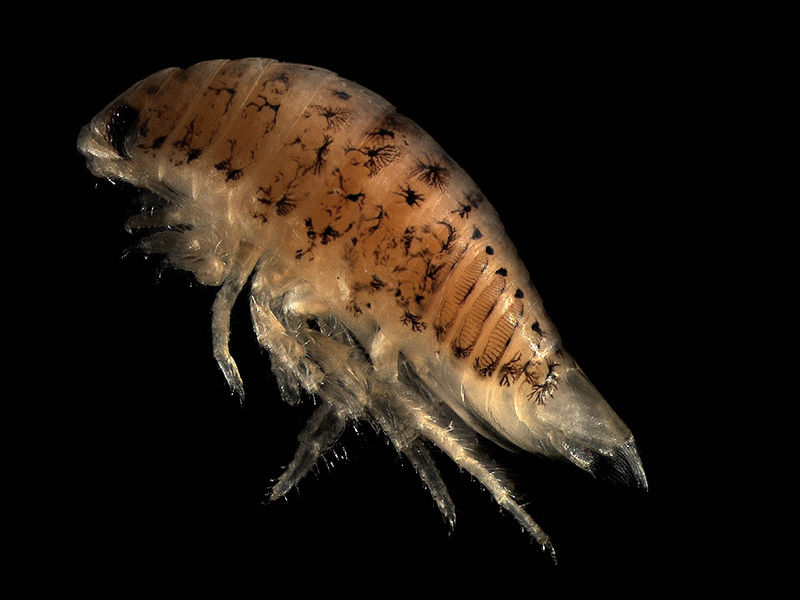
Now, this is just a little sad, but still a self-sacrificing marvellous mother. A female sea louse is courted by a male into a burrow where she joins a brood of about 20-30 other pregnant females, who then all incubate together - and childbirth? The babies eat their way out of their mothers. They often have hundreds of tiny lice chewing their way out, killing them in the process. Sounds like something straight out of Species III or something, right? Suicidal marvellous motherhood in brutal naturality!
5. Seahorses
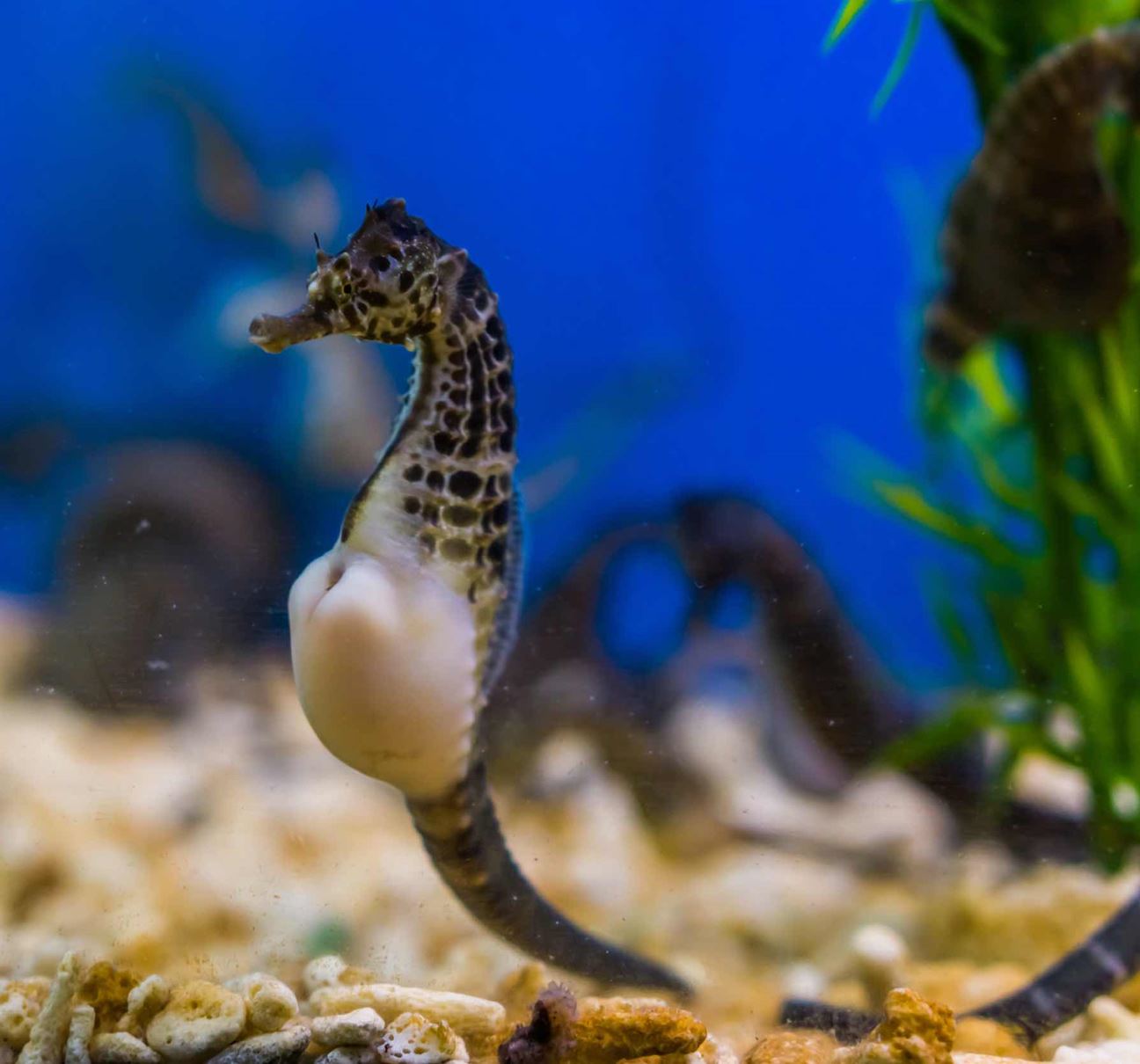
It’s a common fact at this point that male sea horses are the pregnant ones and give birth to the live young. However, they get a special mention in ‘Nature’s Marvellous Mothers’ because of a recent scientific discovery about what goes on inside these pouches. Scientists noticed that of the eggs transmitted in the males, some babies born were missing. After using radioactive experimentation, they discovered that the daddy seahorses were snacking on some foetuses from inside their bellies during their pregnancy. This is an evolutionary strategy to sacrifice some foetuses so that the father has enough energy to support the rest. Grisly, but marvellous, right?
6. Horses
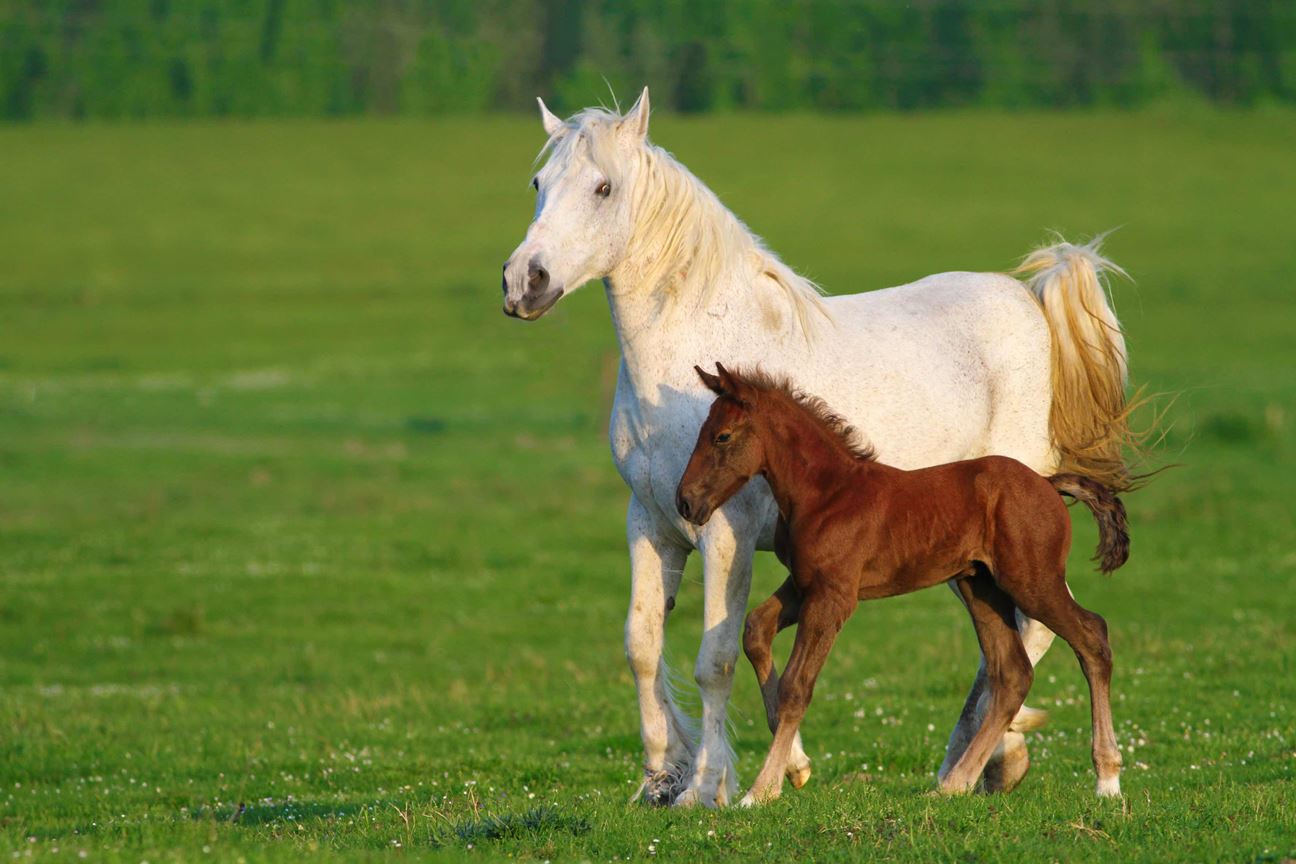
Now this one is just bizarre, grisly, and astounding altogether. It was found that mares that are pregnant (potentially from another farm) and return to their farm will then proceed to have sex with all the studs around her. This has been observed in wild horses as well. Why? She painstakingly mates with every male in the vicinity to disguise the paternity of the baby, as then the studs are less likely to kill the foal once born if they assume they are the father. That’s not all though. If she doesn’t get a chance to do this, usually, the mare just aborts the baby as it’s not worth the trouble if it’s just going to get killed in the end. So yes, horse mothers go to incredible lengths for the survival of their babies before they’re even born!
If these animals haven’t convinced you that nature has an amazing twist on motherhood (and fatherhood?), then we don’t know what will. As quirky as this information sounds, these reproductive habits and care processes are all in-fact evolutionary strategies evolved through years of natural selection of developmental biology. So this Mother’s Day, let’s celebrate the weird, the self-sacrificing, the promiscuous, and the tender mothers of the animal kingdom.